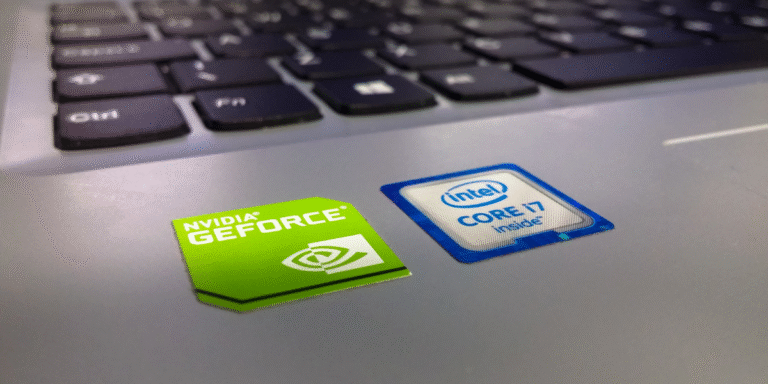The U.S. stock market entered March on a high note, with major indices surging to new all-time records. A key driver of this bullish momentum was Nvidia, whose stock price propelled the company to achieve a remarkable $2 trillion market valuation. This milestone underscores Nvidia’s commanding position in the rapidly expanding artificial intelligence (AI) sector, where its advanced graphics processing units (GPUs) play a pivotal role across industries ranging from gaming to cloud computing and AI development.
Nvidia’s ascent to a $2 trillion valuation represents a milestone for both the company and the tech industry as a whole. Known for its dominance in the semiconductor sector, Nvidia’s chips have become essential for powering AI applications, enabling machine learning, and processing vast amounts of data. As businesses across various industries increasingly rely on AI technologies, demand for Nvidia’s hardware has surged, leading to substantial gains for the company. Investors, buoyed by the rapid expansion of AI applications, have expressed strong confidence in Nvidia’s continued growth, cementing its place among the world’s most valuable companies.
The stock’s performance has had a significant ripple effect, pushing major market indices higher. Both the S&P 500 and Nasdaq reached new highs, reflecting investors’ growing optimism in the future of technology, particularly within AI. Nvidia’s critical role in advancing AI-driven innovation has made it a key player in shaping the trajectory of the tech industry. As such, its success is seen as a barometer of broader investor sentiment in tech, signaling a shift toward an AI-powered future.
Despite the rally in the tech sector, some mixed economic signals have raised questions about the broader health of the economy. On the positive side, personal income data for January revealed a 1% increase, surpassing expectations. This strong consumer income growth is seen as a positive sign for the U.S. economy, as it suggests that consumer spending remains resilient and continues to support economic expansion. As the backbone of the economy, healthy consumer confidence and spending provide a solid foundation for growth in the face of broader economic uncertainties.
However, the latest jobless claims data raised concerns. Claims rose by 13,000, reaching a total of 215,000 for the week. While this increase is modest, it suggests potential weakness in the labor market, which has been a pillar of economic stability. The uptick in claims may point to companies becoming more cautious in their hiring practices, possibly due to broader concerns about economic conditions. If the trend continues, it could signal more significant challenges ahead for the labor market, which remains a critical component of overall economic health.
Despite these concerns, the broader economic outlook remains optimistic, particularly due to strong consumer income and the growing enthusiasm for AI-driven growth. Investors remain focused on the potential of emerging technologies, and Nvidia’s success epitomizes the opportunities that AI presents. However, economists caution against overconfidence, warning that a sustained rise in jobless claims could signal deeper issues in the economy.
Looking ahead, the performance of tech companies, particularly Nvidia, will continue to play a crucial role in shaping market trends. Investors will keep a close eye on economic indicators such as consumer spending and jobless claims, as these will influence market sentiment and expectations for the future. The coming weeks will likely reveal whether the current market optimism can be sustained amid mixed economic signals.



